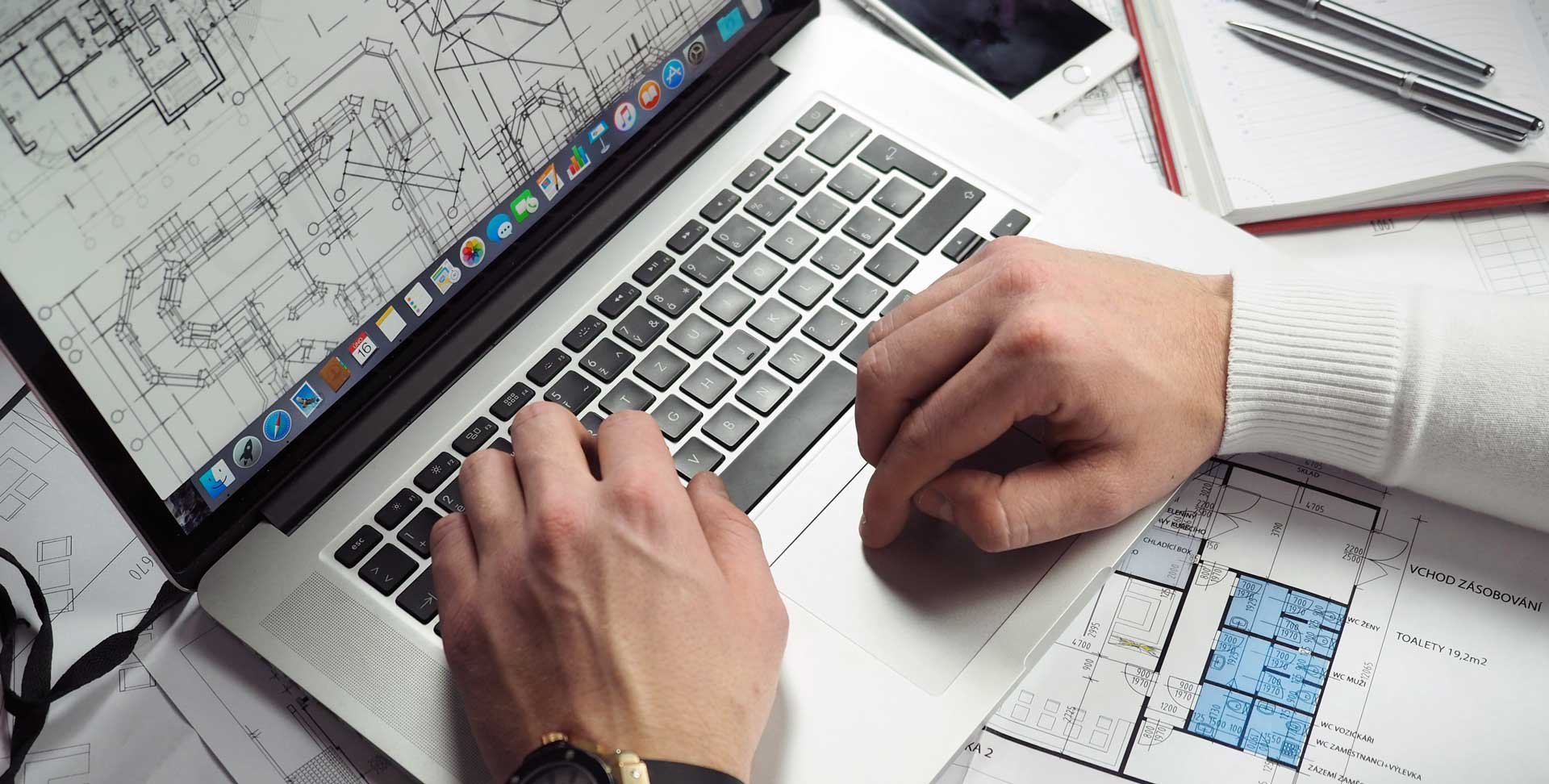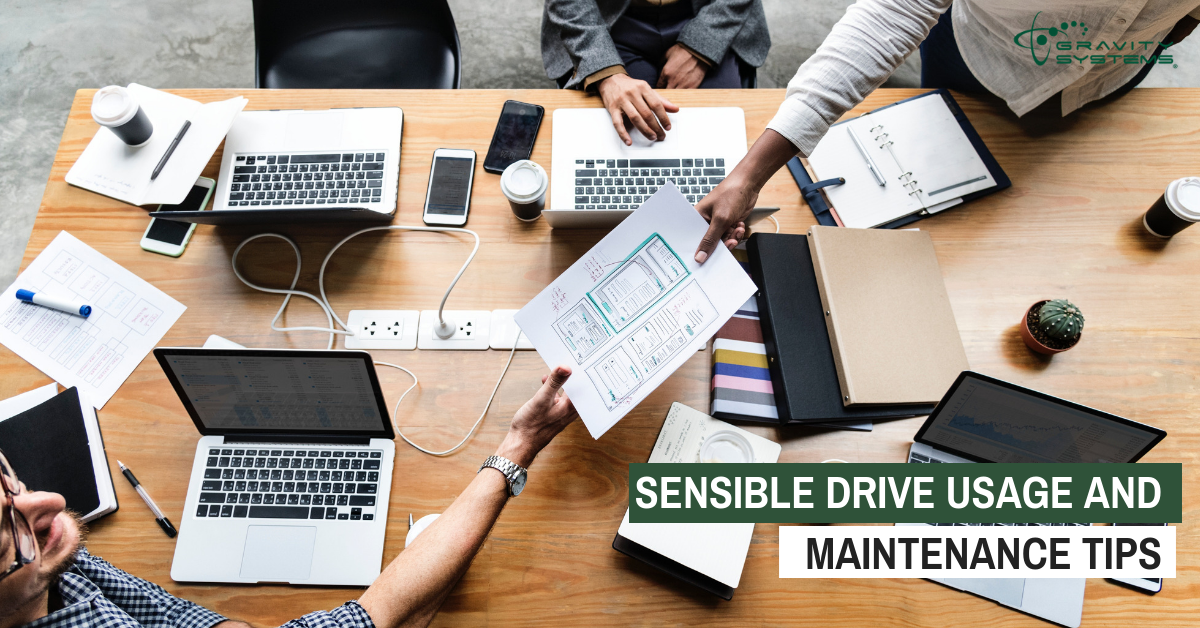Hard drives, SSD drives, and USB flash/thumb drives provide essential storage for your all-important data – so it only makes sense to take good care of them. Here are some smart usage and maintenance tips from your Austin IT business support team at Gravity Systems.
Control the climate – High temperatures can contribute to hard drive damage, but high humidity is even more harmful. Keep your drives in a climate-controlled space. Keep dust out of the drive vents to reduce the chances of the drive clogging and overheating.
Defragment your hard drives (but not your SSDs) – Periodically defragmenting the data on your hard drive will help it perform as it should. The same does not hold true for SSDs or USB flash drives, which store data differently, so don't run this particular maintenance routine on them. (Windows does a monthly defrag of SSDs just to address whatever minimal fragmentation might occur.)
TRIM Your SSD memory – The TRIM command is to SSD drives what defragmentation is to hard drives. SSD drives can slow down if they can't easy identify and access empty data cells. The TRIM command makes sure all unneeded data gets completely erased so the SSD has free space to work with. You can automate this process in Windows 10 by enabling its SSD TRIM command option.
.png?width=1200&name=Gravity%20Blog%20(10).png)
Handle with care – While you might not throw your hard drives or SSD drives around, USB drives tend to receive plenty of abuse. Keep the plug ends of these drives covered whenever the drives aren't in use, and never try to jam them into ports that don't want to accept them. Make sure any write commands are completed before removing a USB drive; on Macs, always eject the drive properly.
Want to learn more about how to give your drives the TLC they need? Contact us!
Related Post: When Should You Upgrade to the Next OS?




